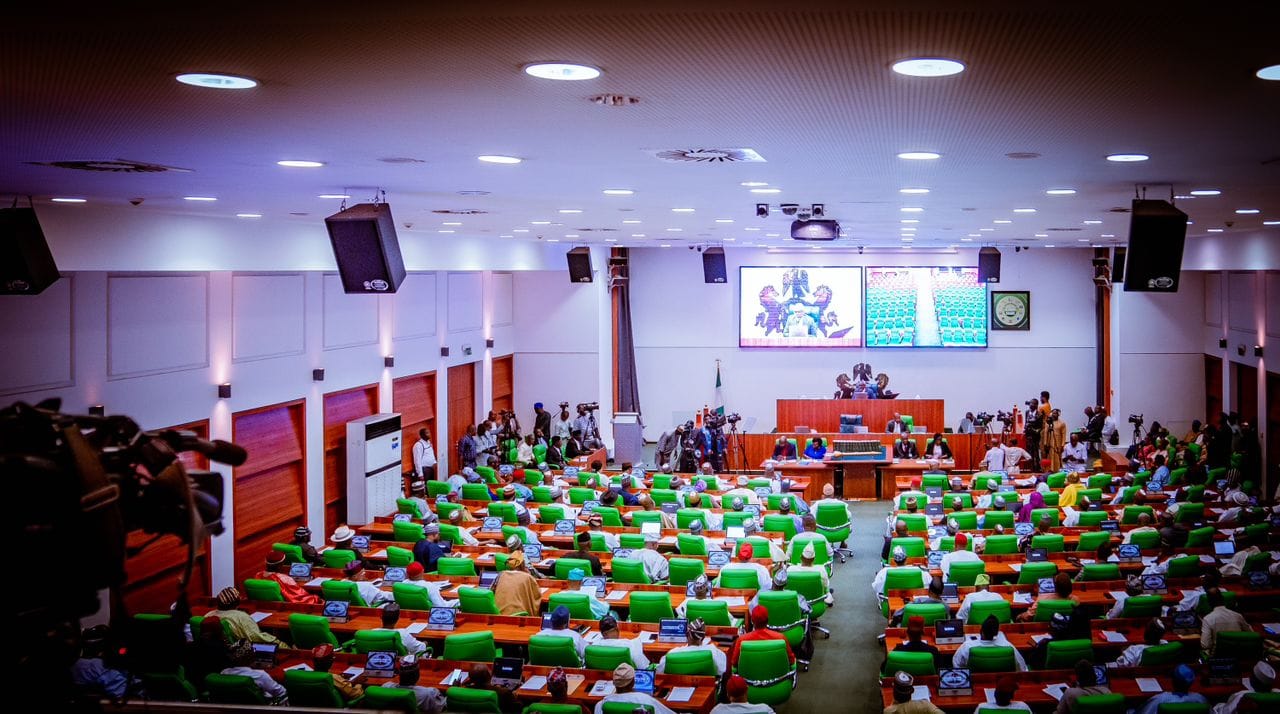President William Ruto has officially signed the Finance Bill 2025 into law, ushering in a wave of tax reforms and administrative shifts that aim to reboot Kenya’s economic direction without reigniting the public outrage that plagued last year’s proposal.
Signed into law on June 26, 2025, the Finance Act introduces major amendments across the Income Tax Act, Value Added Tax Act, and Excise Duty Act—but notably avoids introducing new taxes, a calculated move to rebuild public trust after the widespread #RejectFinanceBill2024 protests.
One of the most impactful changes is a mandatory provision for employers to automatically apply all tax reliefs and exemptions for their employees. This includes a fivefold increase in the daily tax-exempt subsistence allowance, raised from KSh 2,000 to KSh 10,000, and a complete tax exemption for pensions and retirement gratuities—offering significant relief for working Kenyans and retirees alike.
The bill also offers strategic incentives to spur economic growth:
-
Startups will enjoy a 15% corporate tax rate for their first three years.
-
Large investors injecting over KSh 3 billion into the economy will receive the same tax break for ten years.
In the digital economy space, the government has repealed the unpopular Digital Assets Tax, replacing it with a 5% excise duty on transaction fees levied on virtual asset providers—seen as a more practical approach to taxing the fast-evolving crypto sector.
Additionally, Capital Gains Tax has been slashed from 15% to 5% on high-value investments, a move likely to attract more capital into the economy.
To fund national priorities, the law permits the government to draw KSh 1.88 trillion from the Consolidated Fund and an extra KSh 671.99 billion from internally generated revenues of ministries and agencies for the 2025/2026 fiscal year.
Perhaps most telling of the government’s changed tone is Parliament’s rejection of highly controversial proposals, including a clause that would have given the Kenya Revenue Authority (KRA) unrestricted access to citizens' personal data—a decision made after widespread public backlash.
This year’s Finance Act reflects a more cautious and consultative approach by the Ruto administration, trading confrontation for compromise. Whether these reforms will deliver tangible economic benefits remains to be seen, but for now, the government appears to be listening—at least on paper.




